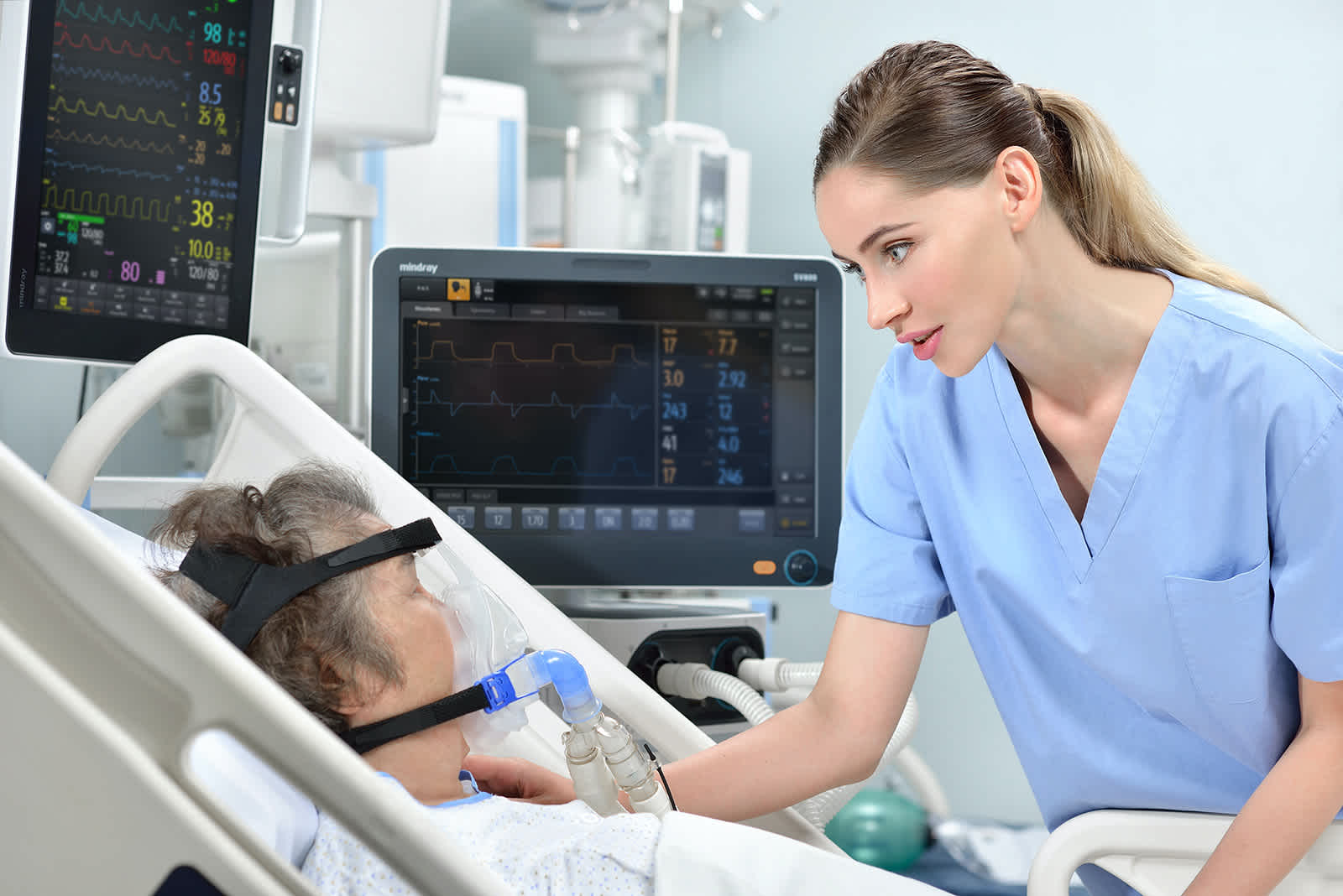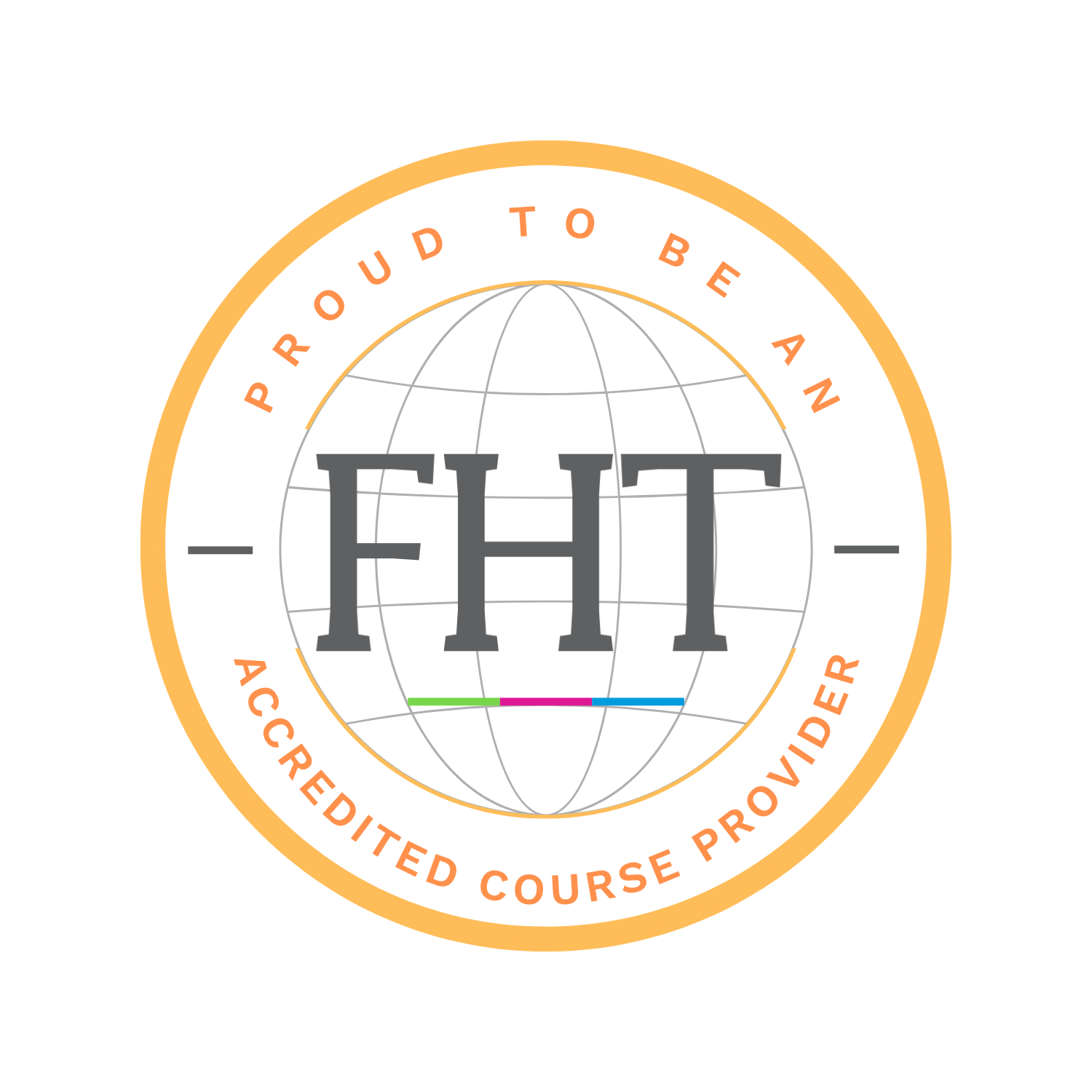Frequently asked questions
A nurse can practise acupuncture and dry needling following the successful completion of a Breeze Academy medical acupuncture and dry needling foundation course. The term Acupuncturist, however, is a protected title for those that have completed a relevant degree.
Nurses can use acupuncture and dry needling as part of their usual practice after completing our Medical Acupuncture & Dry Needling Foundation Course. Once successfully completed, we ensure that our foundation course delegates can use acupuncture and dry needling as part of their everyday practice safely, confidently and effectively.
Typically, our foundation level acupuncture and dry needling courses take nurses around one to two months to complete. The online component of our course can be completed in your own time, at your own pace, whilst the in-person workshop is conducted across three days.
Following the foundation course, nurses may decide to advance their training further through one of our online or in-person CPD training courses. Our popular Advanced Skills in Acupuncture Course comprises an online component, as well as a two day in-person training event.
Acupuncture and dry needling can offer several opportunities for nurses, enhancing their practice and patient care in various ways:
Pain Management: Nurses can use acupuncture and dry needling to effectively manage and alleviate pain in patients. These techniques provide additional tools for non-pharmacological pain relief and can be particularly useful in addressing chronic pain, musculoskeletal discomfort, and post-operative pain.
Holistic Care: Acupuncture aligns with a holistic philosophy, focusing on the interconnectedness of the body and promoting natural healing. Incorporating acupuncture and dry needling allows nurses to offer a more well-rounded and patient-centred approach to care.
Complementary Therapy: These techniques can complement conventional medical treatments and interventions, offering patients additional options for pain relief, relaxation, and healing.
Anxiety Reduction: Anxiety and stress management are critical aspects of patient care. Acupuncture has a calming and stress-reducing effect, helping patients manage anxiety and emotional distress during medical procedures or hospital stays.
Enhanced Rehabilitation: Nurses can integrate acupuncture and dry needling into rehabilitation programs to help patients regain muscle strength, mobility, and function more effectively after injuries or surgeries.
Improved Patient Outcomes: The use of acupuncture and dry needling can lead to quicker recovery, increased patient comfort, and higher levels of patient satisfaction.
Non-Invasive Approach: Acupuncture and dry needling are non-invasive and drug-free therapies, providing natural and minimally discomforting options for pain management and recovery.
Preventing Recurrence: Acupuncture can help address underlying imbalances in the body that may contribute to certain health issues, potentially reducing the risk of future problems.
The integration of acupuncture into nursing practice offers significant benefits for both patients and nurses. Acupuncture can be a valuable tool in managing pain, anxiety, and stress, which are common concerns in healthcare settings. It complements traditional medical treatments and provides patients with non-pharmacological options for pain relief and relaxation. The holistic approach of acupuncture aligns with the patient-centred care that nurses strive to provide, addressing not only physical symptoms but also emotional and psychological well-being. By incorporating acupuncture, nurses can contribute to improved patient outcomes, enhanced rehabilitation, and a more comprehensive approach to patient care.
Furthermore, the non-invasive and drug-free nature of acupuncture makes it a safe and natural therapy for patients. Nurses can use acupuncture to expedite recovery, reduce pain and inflammation, and promote healing, particularly in post-operative or injury recovery settings. Acupuncture's ability to address underlying imbalances in the body can potentially reduce the risk of future health issues. By obtaining proper training and certification, nurses can ensure the safe and effective use of acupuncture in healthcare, ultimately enhancing patient care and overall well-being.
It is increasingly common for nurses to embrace acupuncture as an integral part of their patient care approach. This growing trend within the nursing profession emphasises the recognition of the need for a more holistic and diverse range of treatment options to enhance patient well-being. By integrating acupuncture, nurses can offer patients targeted pain relief, relaxation, and support for various health conditions, all within a patient-centred care framework.
This evolving practice reflects the demand for a more comprehensive approach to nursing care, addressing not only physical symptoms but also the emotional and psychological aspects of health. Acupuncture complements traditional nursing interventions, contributing to a well-rounded and effective approach to patient care. This integration of acupuncture is becoming increasingly common and aligns with the ever-growing focus on providing patients with a unique and multifaceted healthcare experience, ultimately leading to improved patient outcomes and satisfaction. Nurses are leveraging acupuncture to offer distinct and comprehensive care, addressing the diverse needs of their patients in a more holistic manner.

